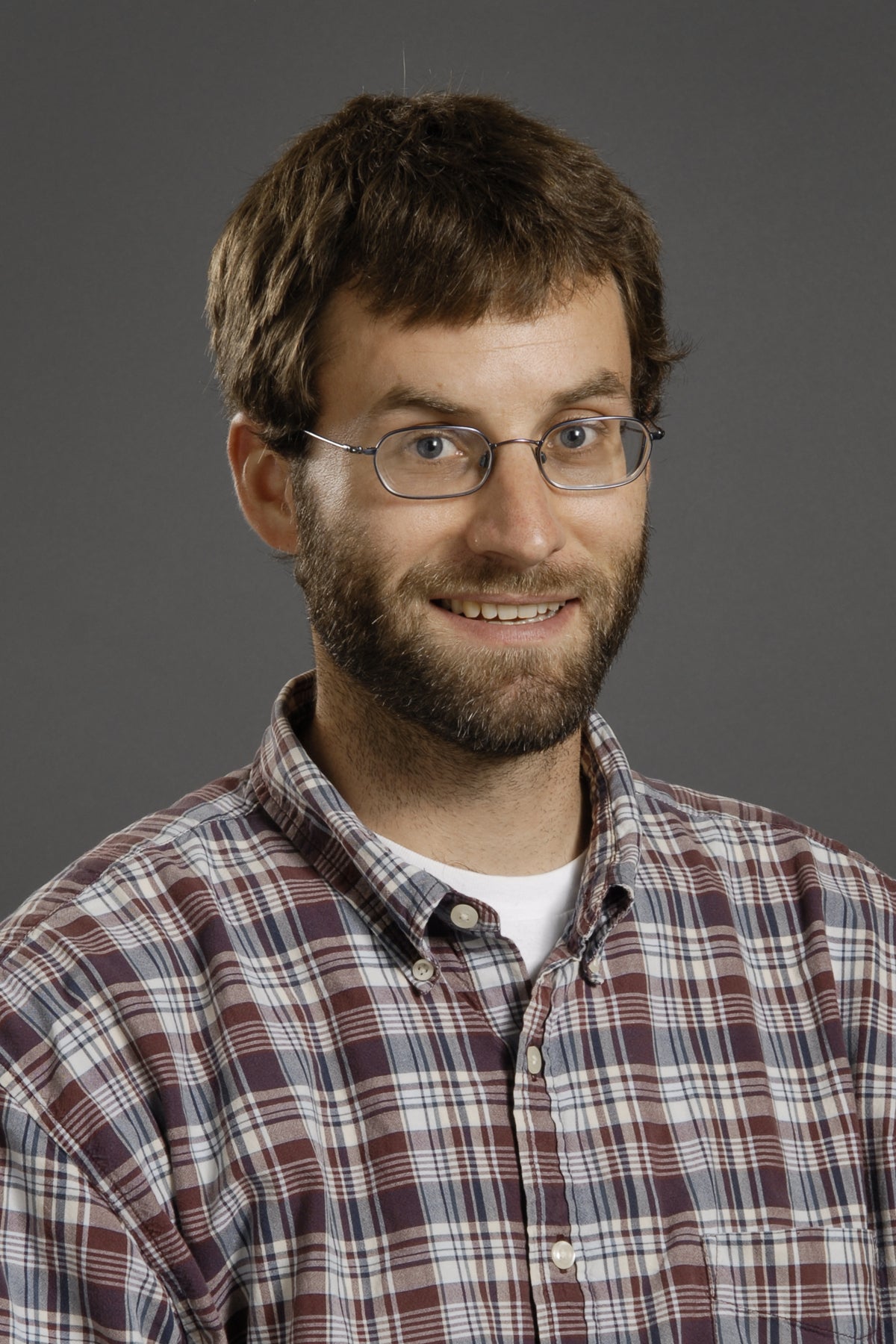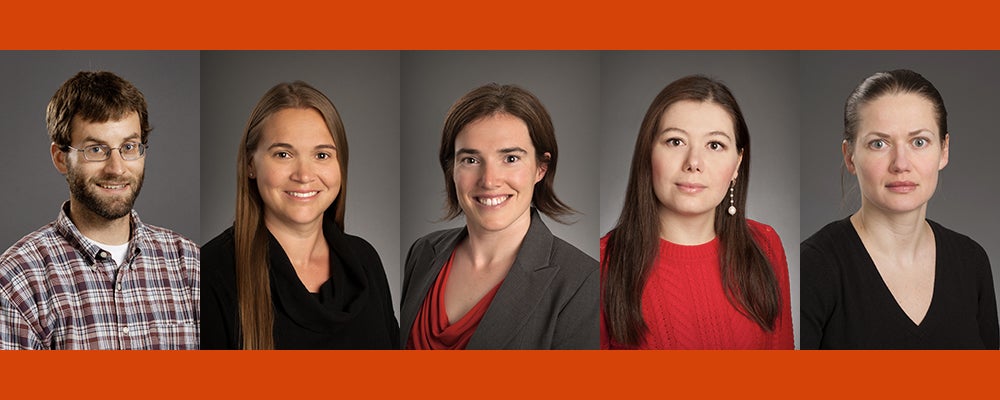
Red, crumbly and inevitable. Corrosion, or “rust” as it is more commonly known, is a result of materials breaking down in certain environments. Controlled by a material’s reactiveness to air, water and other elements, it can be seen everywhere from garden tools in the backyard to a bridge girder.
Yet this natural process, when disregarded, can be particularly dangerous.
“The ongoing impacts of corrosion are so common and pervasive that it only rises into the general public’s consciousness when something catastrophic happens, like an oil spill or the Flint water crisis,” said Mike Hurley, an assistant professor in the Micron School of Materials Science and Engineering.
With a five-year National Science Foundation CAREER award of $500,000, Hurley is determined to unpack the mystery of how and why materials corrode in certain environments, and then design new corrosion-resistant materials. Implications of Hurley’s research could be vastly improved and stronger infrastructure, impacting everything from water treatment and building materials to the creation of novel materials for defense and space exploration.
Using state-of-the-art technology in Boise State’s labs, Hurley and his grant-funded students will investigate magnesium-lithium alloys to better understand their electrochemical properties and unlock information about their very reactive nature. He also will be working with local K-12 schools and local corrosion engineering professionals to develop activities that will increase public awareness of corrosion and corrosion control.
To expand opportunities for Boise State students, the grant also will support a unique exchange partnership.
“We are developing a partnership with a university in Australia and Cal-Poly Pomona. Through these partnerships Boise State undergraduate and graduate students will gain new skills, broaden their network, and experience research in different laboratory environments,” said Hurley.
When asked what drew him to materials science, Hurley said that he was always interested in the applied component of the field, and harbored a deep curiosity for why different materials individuals use every day can have such starkly different properties.
“Generally, coffee cups are made out of ceramic and cutlery is made out of metal. These are very different classes of materials with very different behaviors, and so what’s the atomic structure inside of those materials that make them so different?” said Hurley. “I was always curious about trying to understand the world around us and I was interested in this tangible connection. The connection with materials science is that you are studying something at the atomic scale that you can still see, touch, you can interact with.”
Mike Hurley is one of five College of Engineering faculty awarded a NSF Career Award in 2020. Go here to learn more about the five NSF Career Awards.
